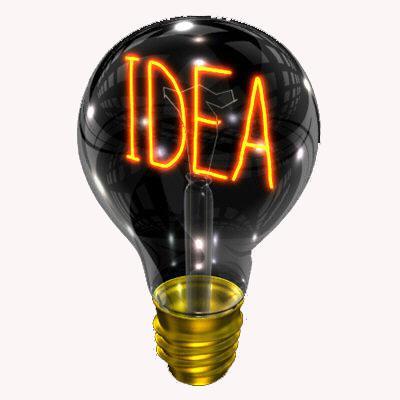
In the course of our working lives, we learn specific tasks associated with our job positions, sometimes putting our strategic thinking on auto pilot.
We perform our job responsibilities satisfactorily enough, but often we don’t develop the reflective judgment skills of ‘critical thinking’.
When complex problems or difficult situations arise we continue to function without sufficient analysis of the situation, including using curiosity to resolve the problem. Across industries, leaders that use ‘critical thinking’ know that they can always improve their reasoning competence.
They accept that they may occasionally fall victim to mistakes in reasoning, spells of human irrationality, personal prejudices, alterations in business clarity; and, the non-conformance to accepted social rules.
What is ‘critical thinking’?
Critical thinking is a mental process of solving problems giving proper consideration to the current evidence, the entire context in which the problem exists; and, the relevant methods or techniques for forming a new judgment. These elements also happen to be the key defining characteristics of professional fields and scholastic disciplines.
This is why critical thinking can occur within a given subject field, industry, social community; and in all those realms where humans need to interact and make final conclusions. You may have heard your grandparents call this, the good use of theory and common sense.
As Dr. Steven D. Schafersman of the Department of Geology Miami University states, “While we as professors have the ability ourselves to think critically (we had to learn these skills to earn advanced degrees in our disciplines), many students–including our own–never develop critical thinking skills.
Why?
There are a number of reasons.
The first goal of education, ‘what to think,’ is so traditionally obvious that instructors and students may focus all their energies and efforts on the task of transmitting and acquiring basic knowledge.
Many learners find that this goal alone is so overwhelming that they have time for little else. The second goal of education, ‘how to think’ or critical thinking, is often so subtle that instructors fail to recognize it and students fail to realize its absence.”
By using the processes of critical thinking, individual managers, even entire departments, begin seeing something as possible that they did not see as possible before.
Consequently, there is growth of the individual and there is the increased likelihood that what the organization now sees as possible will become innovations for the future.
What are the attributes of a refined critical thinker?
These thinkers use many of the following elements:
- Raise vital questions, uncertainties, topics for debate, formulating all of these clearly and precisely for discussion
- Gather and assess relevant information, testing the information against relevant criteria and any standards in place
- Assesses opposing statements and current standing arguments
- Are able to admit a lack of understanding or comprehension of subject matter
- Are genuinely interested in finding new and unprecedented solutions
- Are willing to suspend personal beliefs, organizational assumptions, subsequently weigh them against facts
- Listen carefully to others and give constructive feedback
- Look for all evidence, internal and external, to support pending assumptions
- Are able to adjust assumptions when new facts are found
- Look for proof without judgment of others involved in problem resolution
- Maintain a commitment to overcome native ego-centrism and socio-centrism
- Communicate effectively & in a timely manner with all others in determining new solutions to complex conundrums
- When you need to develop ‘critical thinking’, ask yourself:
- What other resources do I/ we need to really address this problem; and, can I/we enlist these resources without the risk of violating company policies?
- Are we educated enough to know what it is we don’t know about this problem, project, or company matter? What other resources do we truly need to make this decision effective in the competitive industry space?
- How can I/we address this specific situation in a way that was unthinkable 1 year ago, 1 month ago, 1 week ago?
- Are we using the intellectual tools, theoretical concepts or technology principles that enable us to analyze, assess, and improve our thinking on this specific problem?
- Are we working as a facility team, or virtual team, striving not to think simplistically about complicated issues; and, considering the rights and needs of relevant others in our problem solving?
- What elements of fear or uncertainty do you hold that keep you from practicing ‘critical thinking’? And, how can you discard those elements to enable the enthusiasm for learning new options, skills, or innovation?
- What current conditions exists that keep you or your colleagues from solving the current problem with rationality, reasonability, and empathy for all others assigned as resources? How will you change those conditions?
- What new practices in your work environment do you need to acquire to foster trust for enabling innovation & ingenuity?
“True wisdom comes to each of us when we realize how little we understand about life, ourselves, and the world around us.” -Socrates

